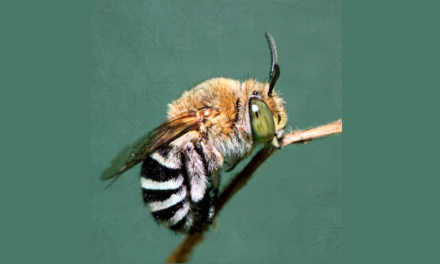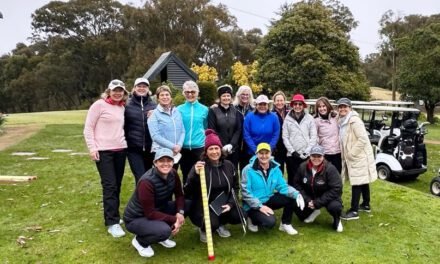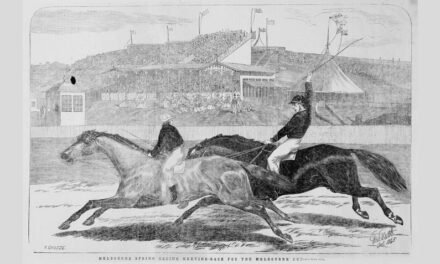Dudley McArdle with Glenn Webster
Defending your property is risky. You could be seriously injured, suffer psychological trauma or die. Leaving early is the safest option to protect yourself and your family.
Defending your home requires at least two able-bodied, fit and determined adults who are physically and mentally prepared to work in arduous and difficult conditions. Homes are not designed to withstand Catastrophic conditions.
You’ll need to read the entire CFA Fire Ready Kit and complete the “Defending Your Property – Bushfire Survival Planning Templat”e if you plan to stay and actively defend your property. You should also seek advice from your local Brigade or CFA District office before planning to defend your property.
Leaving early is the safest option to protect yourself and your family. You could be at serious risk of uncontrollable fires on Extreme and Catastrophic fire danger days. Defending a home under Extreme conditions carries a high risk of death, serious injury or trauma. Homes should not be defended on Catastrophic days.
Key factors to consider
- Your personal capacity
- Property preparation
- House design and construction
- Equipment and resources
Your personal capacity
Defending your home is extremely hard work and requires significant resources. It may take hours and sometimes days of extreme effort. Power and water may be cut off, meaning that any home phone, computer or mobile device connected to the NBN network will not work.
Children, the elderly, and people with special needs or a disability should be well away from the threat.
Do not stay and defend if you, or somebody with you, suffers from physical or mental conditions such as a disability, asthma, heart problems, emotional or mental health problems.
Property preparation
We recommend you complete a full property assessment if you’re planning to stay and actively defend. An assessment will help determine:
- property maintenance and improvements to better prepare your home
- vegetation that needs to be managed, and the best way to do this
You can also learn what you must do as a minimum to reduce the effects of bushfire on your property. See how to prepare your property.
Understanding how a fire behaves in your environment will help you to better prepare.
House design and construction
How well your house is constructed and designed plays a big part in how it will withstand a fire.
The CFA and the Building Commission have produced a guide to better prepare your home. Download A Guide to Retrofit your Home for Better Protection from a Bushfire (PDF 657.9KB)
Equipment and resources
If you are confident you are capable and prepared to actively defend your property, CFA recommends you have these resources and equipment as a minimum:
- 10,000 litres of water
- A firefighting pump that is protected from radiant heat and not reliant on mains power supply
- Firefighting hoses that reach all the way around your home
- Personal protective clothing.
For further information go to https://www.cfa.vic.gov.au/plan-prepare/before-and-during-a-fire/defending-your-property
Dudley McArdle is a Daylesford resident and a former Emergency Services Management consultant. Glen Webster is the Daylesford CFA Captain.
Related Stories:





